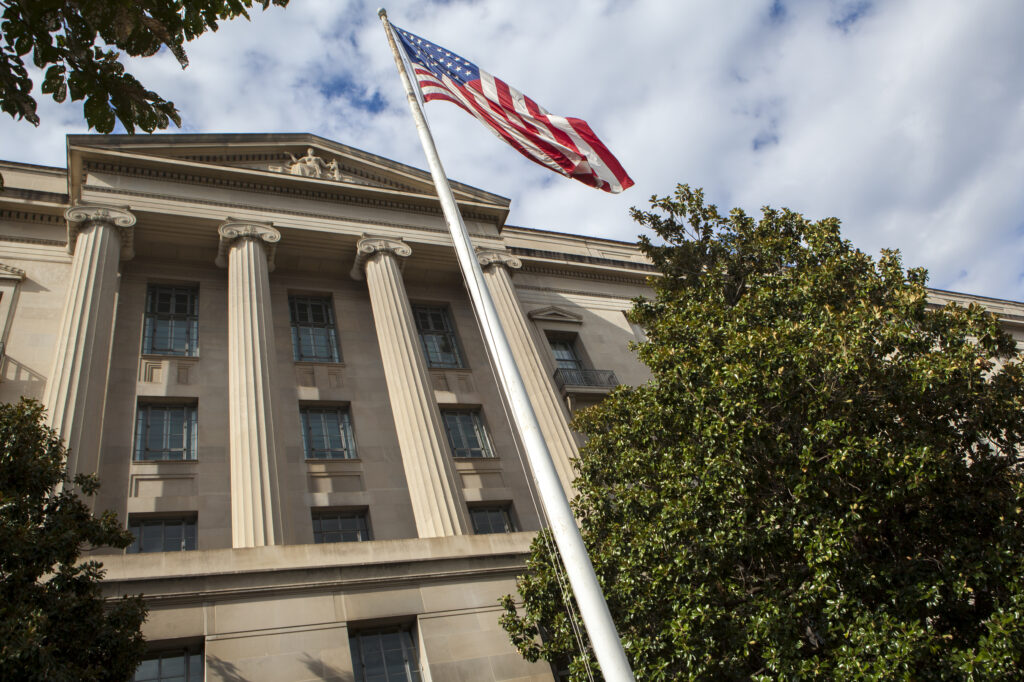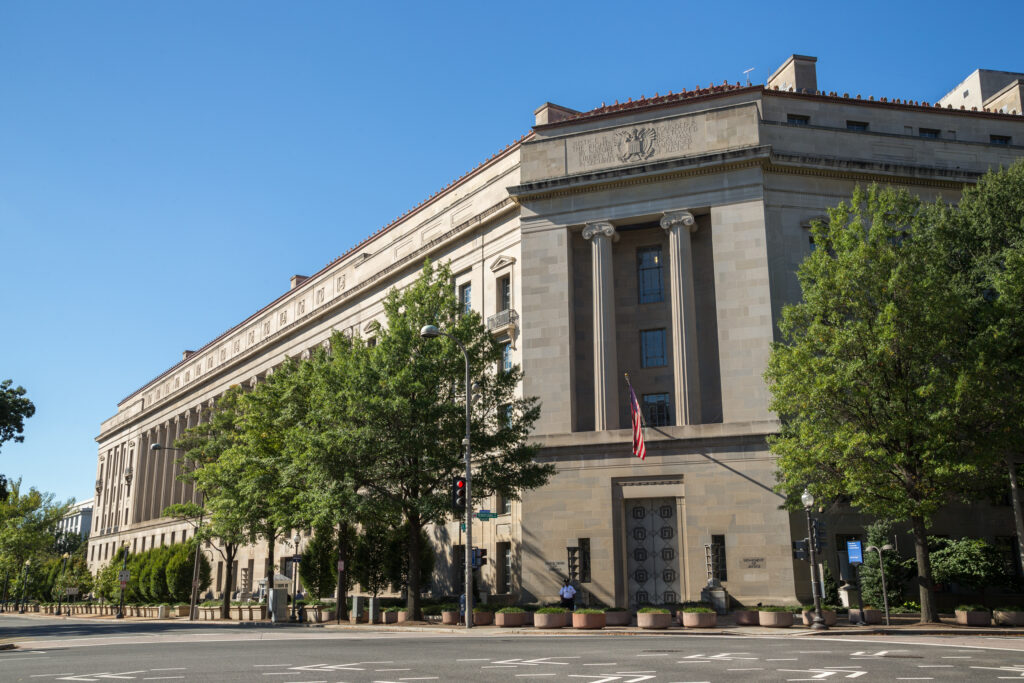At the end of June, the Supreme Court granted cert in U.S. ex rel. Polansky v. Executive Health Resources, Inc. The stakes are high in this False Claims Act (FCA) qui tam case because the Court will consider whether the government has any authority to dismiss a case after it had first declined to intervene.
The FCA is an enforcement tool to weed out fraud against the U.S. government. Unfortunately, plaintiffs’ lawyers are trying to turn it into a profitable business by filing frivolous cases against companies by using the statute’s qui tam provision.
Most FCA cases are brought by private parties called qui tam relators. At the beginning of each case, the government decides whether to take over the case by intervening in it or allow the relator to bring the case under the statute’s qui tam provision without the government’s direct involvement. A relator in a successful case gets paid either way with a sizeable percentage of any recovery; the rest goes to the government. Simply put, it can be monetarily beneficial to a qui tam relator (and their lawyer) to file an FCA lawsuit as they may reap a handsome profit.
The government may also decide to move to dismiss the case if it thinks the case doesn’t have merit. If the case is dismissed, then it cannot move forward, and the relator is not eligible for a profit.
Because relators bring FCA cases in the name of the government, and because these cases can be costly to the government even if it doesn’t intervene, it is important that the government retain its authority under the statute to dismiss a case if it later determines the case is frivolous and not worth its time and resources—or may even be harmful to the government’s interests. The ability of the government to change its mind—from acquiescence to a relator’s case to opposition to it–angers plaintiffs’ lawyers.
The qui tam relator in this case is Jesse Polansky who originally filed the action in 2012. He was a medical professional and former consultant for Executive Health Resources. Polansky accused his then-employer of violating the FCA by misclassifying patients and treatments in billing records to receive greater reimbursements.
According to a Law360 article, “After conducting a two-year investigation, the government initially declined to intervene in the case. Then, in November 2019, after years of litigation, the government invoked its statutory authority under Title 31 of the U.S. Code, Section 3730(c)(2)(A) to dismiss the case, citing the burden of litigation on the U.S. and a low likelihood of success on the merits.” When this happened, the qui tam relator—Polansky—objected.
The two issues the Supreme Court will consider, and which will affect the Department of Justice’s (DOJ) ability to move for dismissals in FCA qui tam claims, are:
- Whether Section 3730(c)(2)(A) allows the government to dismiss a qui tam action even if it initially declined to intervene and,
- What standard courts should apply when considering whether the government can dismiss a qui tam action.
In August of 2020, the U.S. Chamber of Commerce Litigation Center filed an amicus brief in Polansky v. Executive Health Resources Inc. urging the Third Circuit to hold that the government has unfettered discretion to dismiss a relator’s qui tam action under the FCA. The brief stated that “one of the purposes of the government’s unilateral dismissal authority is to spare the government from having to devote resources to an action it has determined should not go forward; having to devote resources to litigate the dismissal question would defeat that purpose.” It also mentioned that “[b]usinesses should not have to endure lengthy and costly discovery at the hands of qui tam relators—who have every incentive to make litigation as unpleasant, disruptive, and costly as possible to drive defendants into settlement—in cases the government would prefer to dismiss.”
The Third Circuit did rule that the government, if it chooses not to intervene and take control of a case early on, can still come back at any time and dismiss a case under the FCA.
As mentioned earlier, the implications of a decision in the relator’s favor of U.S. v. Executive Health Resources Inc. would require more of the government’s time and resources for investigating a relator’s claims if it is required to decide from the start. In addition, relators could potentially have unlimited control as the primary prosecutors of their claims—claims that are brought in the name of the U.S. government–because the government would no longer be able to come back and dismiss them once the case had developed.
According to an article by Wiley Rein, “As for the intervention issue, the Relator is asking the Supreme Court to find that Department of Justice (DOJ) forfeits its ability to later move for dismissal if it initially declines to intervene in the case. No appellate court has ever accepted that argument, and it is unlikely the Supreme Court will do so, as the U.S. remains the real party in interest in an FCA case. If the Court does somehow restrict DOJ’s dismissal authority, however, it could motivate DOJ to accelerate its decision-making and move to intervene for the purpose of dismissal as soon as it finishes its investigation—rather than risk the prospect of losing control of a problematic qui tam action.”
The Supreme Court must uphold the principle that the government needs to retain the right to dismiss qui tam actions—even if that decision is made later in the case—in order to protect against frivolous, costly, or problematic lawsuits and prevent relators from having unlimited control over claims that are brought in the government’s name.



